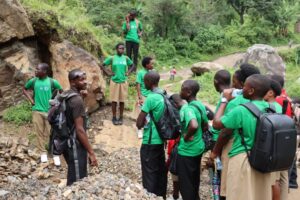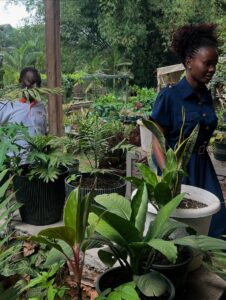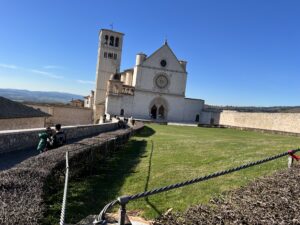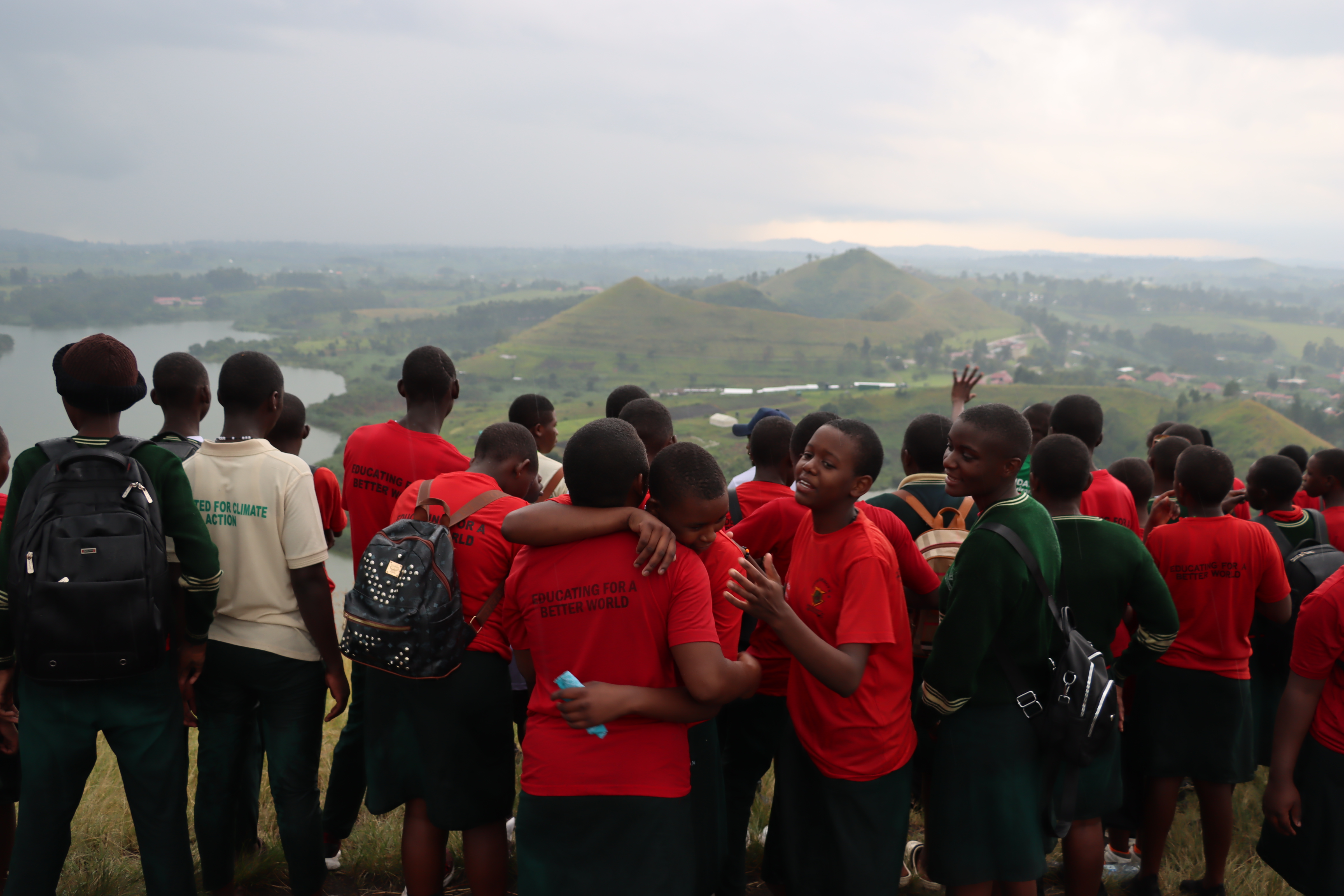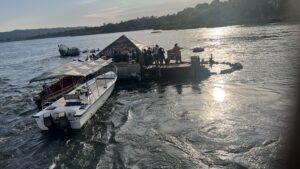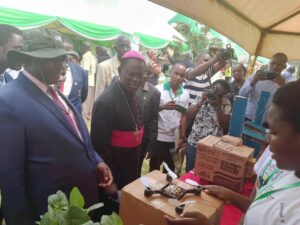By Laudato Voices | Reflection on COP30 and Previous Climate Summits | November 24, 2025
Shortly before COP28, we reminded the world: “The international response to the climate crisis needs to bridge the gap between COP summits and the experience of those who face its consequences. It must ignite hope for a climate-resilient generation.”
As COP30 concludes in Belém, Brazil, this message is even more urgent. Inside negotiation rooms, discussions often felt abstract and distant from the realities of local implementers and youth in the grassroots. Yet beyond those walls, millions particularly Africa’s youth followed with great hope.
According to the UN, Cities now generate up to 67% of global greenhouse gas emissions (UN-Habitat, 2023). Rural communities, where most of the world’s population resides, face the harshest consequences. Uganda, celebrated for its lush ecosystems and cultural resilience, is now experiencing erratic weather patterns, prolonged droughts, destructive floods and increased pressure on natural forests, symptoms increasingly linked to global climate change (World Bank, 2023).
This is why every climate promise made at COP30 matters. For these global commitments to have real meaning, negotiation must evolve into planning—decisions must translate into support for local action, innovation and community-led solutions.
We need to acknowlege that Local solutions and Innovations are the Heartbeat of African Climate Solutions
Uganda’s Kayoola solar and electric bus, designed by Kiira Motors Corporation, symbolizes the innovation potential embedded within African nations. The bus integrates renewable energy and electric mobility to reduce urban emissions and has created new green jobs for young people in Uganda (Kiira Motors Corporation, 2022).
In a similar regard. Other emerging local solutions demonstrate this same potential:
• Solar-powered schools that reduce electricity usage and costs but keep children learning even in times of blackouts.
• Flood-resilient urban parks, essential for cities like Kampala frequently hit by flash floods.
• Wetland protection projects and restoration much needed for restoring natural flood buffers.
• Youth and women-led innovations, such as regenerative plastic projects by Laudato Youth, producing briquettes from waste paper, reducing dependence on wood fuel (Laudato Youth Initiative, 2023).
These initiatives prove a powerful principle:
Local solutions are more effective when national governments and global climate finance systems recognize and support them.
Why Local Communities Must Be at the Center
Uganda’s rural and indigenous communities have always lived in close relationship with nature. Many of us grew up walking long distances for firewood—without understanding that this daily struggle was part of a much larger issue: environmental degradation, energy poverty and systemic inequality (Laudato Youth Initiative, 2024).

As we approach the 10-year to mark the Paris Agreement, emissions continue to rise (IPCC, 2023), and the most vulnerable communities still bear the greatest burden. Transparency, accountability and equitable finance are essential if climate action is to become meaningful. For Uganda and similar countries, adaptation is not optional—it is a lifeline (World Bank, 2023).
Cities as Engines of Climate Action
Africa’s cities are experiencing explosive growth. According to the Uganda Bureau of Statistics (2025), urban populations will rise sharply in the next decade, increasing pressure on transport, housing and energy systems.
Other African cities already offer examples of successful climate-smart urban development:
• Cape Town’s water-resilient programs
• Nairobi’s solar street lighting systems (African Development Bank, 2023)
• Rwanda’s Clean Cities etc
Scaling more such solutions across Africa requires bold investment. The Cities Climate Finance Leadership Alliance estimates that cities need at least USD 800 billion in public investment to transition to resilient, green, low-carbon urban systems globally (Climate Policy Initiative, 2023).
Imagine what Uganda’s cities could achieve with their share of such investment.
We express views as a representatives of countless young people in our Laudato Si Clubs raising our voices saying Let the resolutions of COP30 become the turning point for leaders not only to write commitments but go back home with a converted heart to impact positive change in their Countries and Communities inspiring real action by scaling solutions that already work. Let us keep reminding ourselves that local innovations are not small solutions—they are global solutions born locally. The time to empower them is now.
References
African Development Bank. (2023). Financing climate action in African cities: Opportunities and challenges. AfDB Publications.
Climate Policy Initiative. (2023). The state of cities climate finance. Cities Climate Finance Leadership Alliance (CCFLA).
Intergovernmental Panel on Climate Change. (2023). Sixth assessment report: Impacts, adaptation and vulnerability. Cambridge University Press.
Kiira Motors Corporation. (2022). Kayoola EVS: Uganda’s fully electric bus. Kiira Motors Official Publications.
Laudato Youth Initiative. (2023). Youth and community climate action reports.
Uganda Bureau of Statistics. (2025). Uganda national population and housing projections. UBOS Statistical Series.
UN-Habitat. (2023). World cities report: Urbanisation, climate change and the future of cities. United Nations Human Settlements Programme.
United Nations Framework Convention on Climate Change. (2024). COP28 presidency outcome document. UNFCCC Secretariat.
United Nations Framework Convention on Climate Change. (2025). COP30 negotiation summaries and decisions. UNFCCC Secretariat.
World Bank. (2023). Climate and development report: Uganda. World Bank Group.









